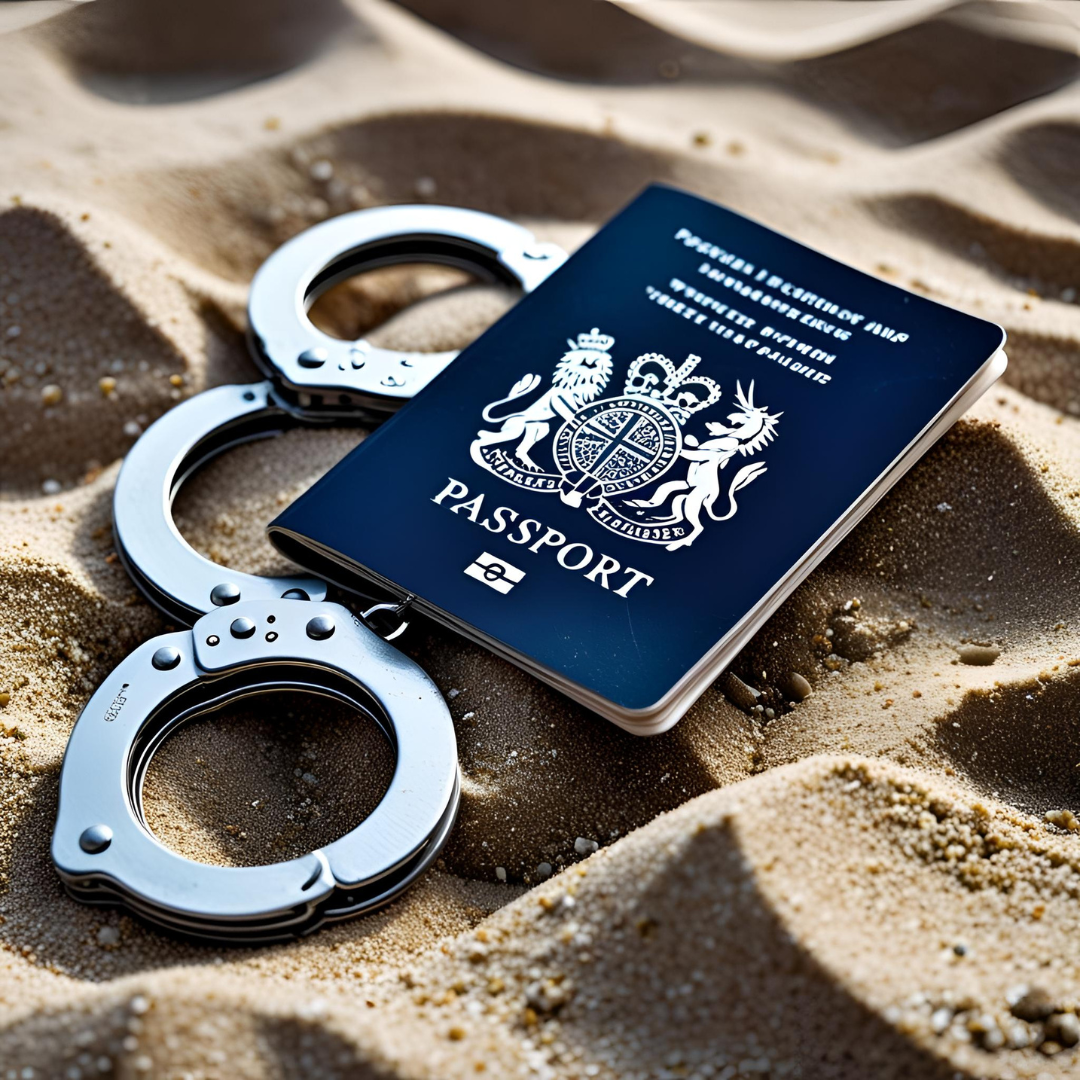As criminal defence solicitors in England and Wales, we work within a legal system that (despite its flaws) is underpinned by familiar rules: access to legal aid, the presumption of innocence, trial by jury, and the right to silence. But when UK nationals find themselves in trouble abroad, the landscape can change dramatically.
With summer holidays in full swing, we take a comparative look at how criminal law plays out in some of the most popular destinations for British travellers: Spain, Greece and Turkey. Whether it’s a pub fight gone wrong or an unfortunate late-night arrest, the same conduct can lead to wildly different outcomes – both procedurally and in sentencing. For practitioners advising clients (or their families) in these situations, context is key.
Spain: Swift Justice, but Mind the Guardia Civil
Spain remains the top foreign destination for British tourists – and also one of the most common for overseas arrests. Public order offences (often alcohol-fuelled), drug possession, and assaults in night-time zones like Ibiza or Magaluf are perennial issues.
Spain’s legal system follows a civil law model. Offences are split into three categories: delitos leves (minor), delitos menos graves (less serious), and delitos graves (serious). Public disorder and minor assaults can often be dealt with under a fast-track procedure – sometimes resolved within 24–72 hours.
While detainees have a right to legal representation and translation services, access to interpreters and legal advice can be inconsistent. Defence rights can be more limited in practice, particularly during initial police custody.
Greece: Bureaucratic Delays and Summary Trials
In Greece, the system is also civil law-based, but legal proceedings can be slow and heavily reliant on written procedure. Arrests for drug possession – especially cannabis – are not uncommon, despite the perception of relaxed enforcement in beach resorts.
Greek courts have been known to sentence individuals without the defendant being present or fully represented, particularly where summary proceedings are applied. Pre-trial detention can be lengthy, and legal aid is not always readily accessible.
The Greek constitution guarantees basic rights to defence, but British nationals can find themselves overwhelmed by bureaucracy and language barriers – especially in rural or island areas.
Turkey: Increasingly Harsh Sentences and Policing Powers
Turkey’s legal system, a hybrid of civil law and Islamic principles, has become more punitive in recent years. The country enforces strict rules on public morality, public order, and drug offences. Even a minor scuffle or loud behaviour could fall under broad “insulting state institutions” or “public insult” provisions.
Possession of even small amounts of drugs can lead to heavy penalties – 5 to 10 years in prison is not uncommon. Legal procedures are less transparent, and pre-charge detention can last up to 4 days, with limited access to legal representation during that period.
In politically sensitive areas or regions under special security measures, trials can be heavily weighted in favour of the prosecution.
Key Takeaways for Criminal Practitioners
- Know the local system: Civil law jurisdictions typically prioritise written procedure and may lack the evidentiary standards we’re used to.
- Due process varies: Right to counsel, presumption of innocence, and access to interpreters may not be consistently applied.
- Consular support is limited: British consulates can provide lists of local lawyers and make welfare checks, but they cannot intervene in judicial processes.
- Advising from afar: Families of detainees may contact UK solicitors first. Offering guidance on securing local legal representation, understanding bail systems, and managing expectations is often the best support we can offer.
As British nationals continue to flock to sunny shores this summer, it’s inevitable that some will find themselves facing unfamiliar justice systems. For us as criminal solicitors, a solid understanding of international procedures isn’t just interesting, it’s increasingly relevant.
If you’re advising a client (or their family) facing criminal proceedings overseas, the CLSA remains a hub for shared experience, peer support, and practical resources. Get in touch – we’re here to help.

